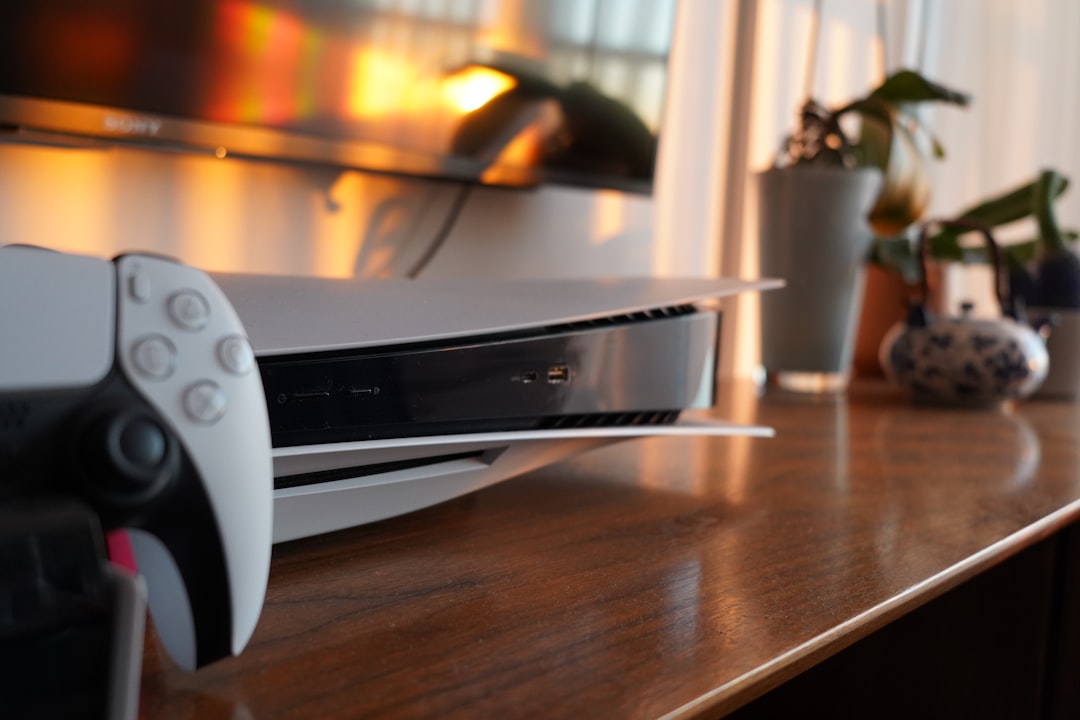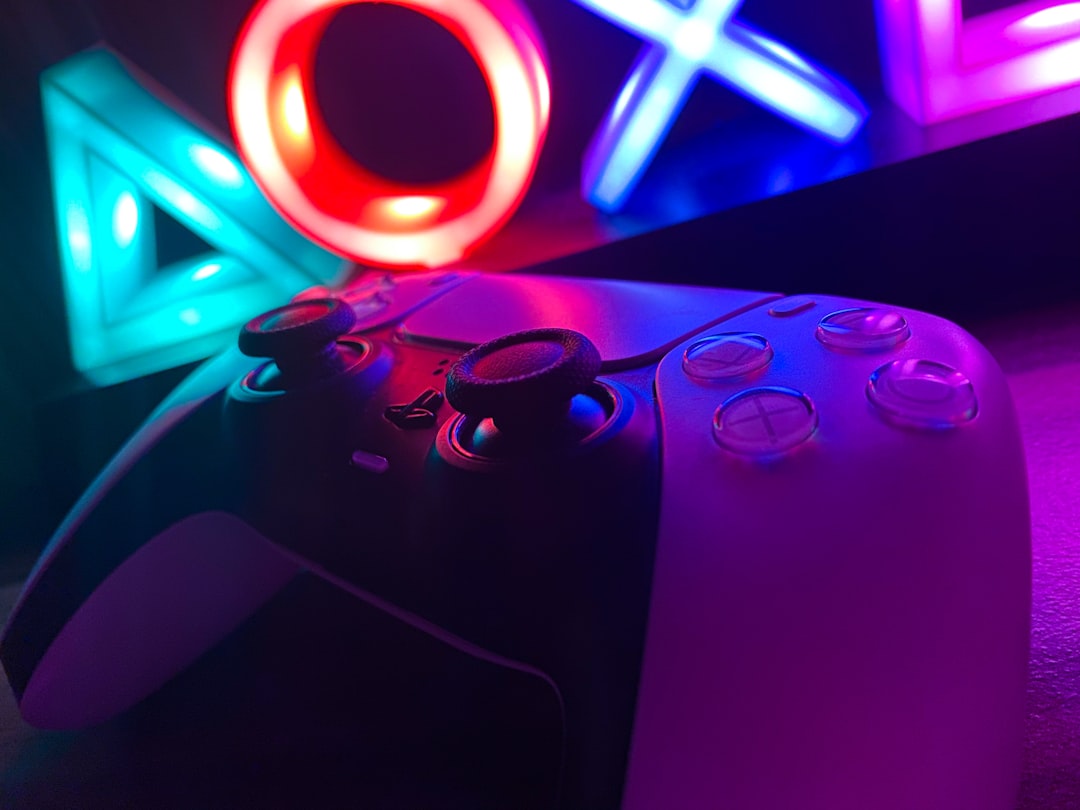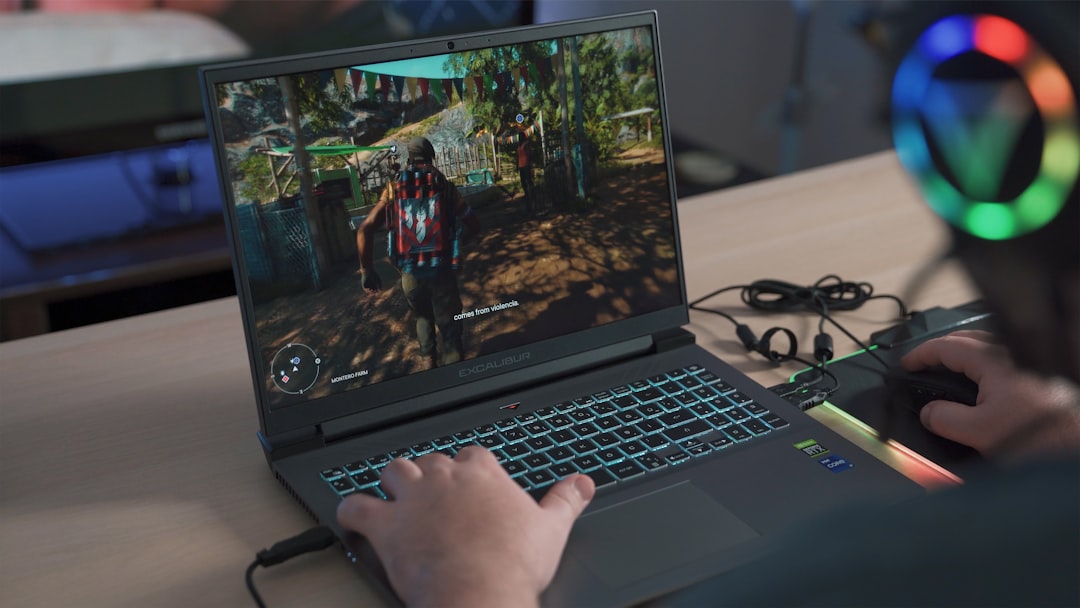Sony Bans Over 7,000 PSN Accounts in India and Here’s Why That Is Helping the Industry
PS5 and PS4 game sales projections up by 20 percent.

Multiple game retailers in India have ceased operations following Sony’s ban of over 7,000 PSN accounts in the country. Now why would this impact them? Well, because they were selling access to these PSN accounts to play games for cheap — bypassing Sony and publishers from taking their cut from new sales.
What this means is, instead of buying a game at full price, usually Rs. 4,000 on disc or digitally, you could pay a fraction of the price and get access to a PSN account on your console with a lot more games.
Naturally, Sony’s terms of service prevents the resale of PSN accounts. However that hasn’t stopped some sellers anyway. First through marketplaces run by Amazon, Flipkart, and Paytm and then through informal channels like WhatsApp and Telegram groups and in some cases, even Instagram.
How this works is, on paying the seller, you’d get the PSN credentials of an account that has the game you want to buy which you can then add to your PS4 or PS5. On downloading it, you can play it on your own PSN ID.
From a consumer’s perspective, this could result in your console being banned from PSN. What’s more is, multiple reports indicate that these accounts are usually acquired by means that are not entirely legal.
Nonetheless, those users looking for a deal threw caution into the wind and are paying the price. Around the time Horizon Forbidden West was making it into stores, Sony had started banning accounts.
“I can’t access multiplayer any longer on my PS4 or take it online,” says one customer that preferred buying access to PS accounts. “I’ve reached out to Sony support several times but I got no response. When I started buying access to accounts I didn’t know this count happen.”
While Sony refrains from commenting on such operations and their outcome, the overall mood from the games business has been a lot more optimistic following this move.
“Our sales for PlayStation Plus subscriptions and top-ups have risen by 30 percent,” says a Delhi-based store owner. “Funnily enough the spike happened two days after the a WhatsApp group I’m in had two of its biggest PS4 and PS5 account sellers say they won’t be supplying PSN accounts until further notice.”
“We’ve constantly been fighting with Sony about not doing enough on this front,” says a store manager for a popular Mumbai large format retailer. “We’d get customers asking to buy discs for Rs. 1,500 because they could get accounts for that price. Now the same customers are buying games and top-ups.”
Similar gains and anecdotes were seen from stores in Bengaluru and Chennai too. In fact, sources tell me that they’re increasing revenue projections for the year because of this. On the whole, the consensus is an average of about 20 percent more PS4 and PS5 game sales across the country.

What’s more is, I’ve been able to verify that account sellers had ceased sale via multiple sources in the industry. I was able to speak to one such seller too under condition of anonymity fearing retribution. They claim that multiple customers were complaining that they lost access to online features on their console as well as any digital content they had.
Although they did not go into details of how they acquired these accounts in the first place, they claim to have had Rs. 1.5 crore (around Rs. 15 million) worth of inventory — in this case, PSN accounts, when the ban wave hit.
“India isn’t a market where anyone pays for games, Rs. 4,000 or so for a new title is expensive,” they tell me. “We were offering a service Sony didn’t want to touch. Instead of banning us, they should have brought the prices of games down.”
It’s an interesting argument that would have held weight if consumers valued content enough to buy it when it was available at lower prices. Through the early 2000s to the mid 2010s publishers had experimented with regional pricing on select games on PC and console but with little to no success.

Simply put: the growth of audiences buying and playing games has increased gradually over time with improved spending power, distribution, and payment methods. While the actual price of games is an impediment, regional pricing didn’t really move the needle, publishers told me a few years back. And this is still applicable today.
That said, it doesn’t mean consumers shouldn’t demand better. We’ve seen it work in recent times, with the likes of Bethesda and IO Interactive take steps to better their pricing in markets like ours, albeit on PC.
Though as it stands, most publishers don’t seem to be backing down from higher prices. In fact, they prefer having less customers paying more rather than more customers paying less. And with Sony the de facto choice in India with a dysfunctional Microsoft and a non-existent Nintendo, the market is ripe for disruption.
Other interesting insights from the Indian games market:
Elden Ring continues to sell well. With both parallel and official stock available, game sales have crossed 5,000 units on all platforms, further underscoring that Bandai Namco and its India distributor E-xpress missed a trick or twenty by having an extremely low day one quantity.
Sony eventually made good on bringing the Horizon Forbidden West Collector’s and Regalla Editions to India. Both made it into the country earlier this month at Rs. 12,499 and Rs. 16,880 respectively. Quantities were limited and both sold out before they could be listed online. Reason being: most retailers had already taken pre-bookings from their regular customers earlier. And yes, the irony of ultra expensive versions of a game selling out while a part of this newsletter touches on the argument that prices are too high isn’t lost on me.
Microsoft finally decided to push Halo Infinite in India via a tournament with the inventively named tournament organiser, The Esports Club and PC giant AMD. It is a part of a broader initiative to also bring awareness to Xbox Game Pass. It’ll be interesting if this means that the company finally takes India seriously. Something it failed to do since the days of the Xbox 360.


